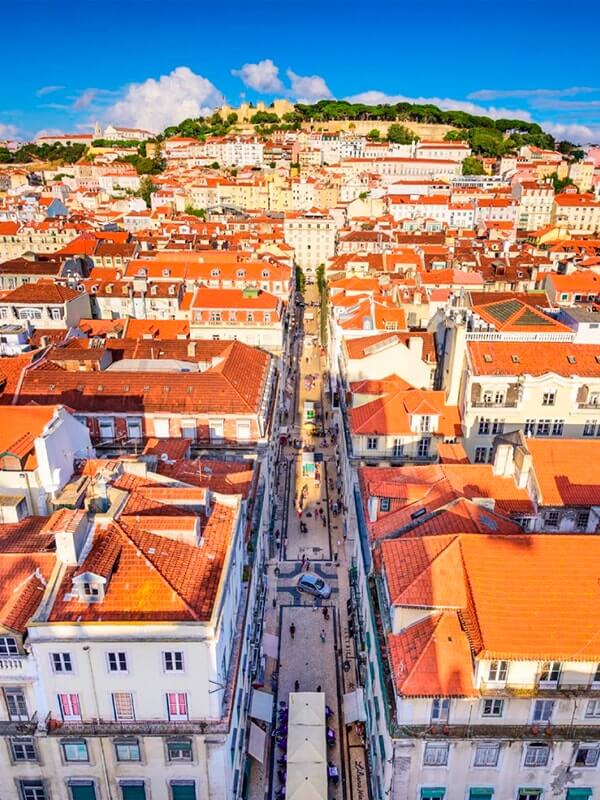
Portugal Dared to Cast Aside Austerity. It’s Having a Major Revival

This article is an abridged version of the original. To read the full article click here.
Ramón Rivera had barely gotten his olive oil business started in the sun-swept Alentejo region of Portugal when Europe’s debt crisis struck. The economy crumbled, wages were cut, and unemployment doubled. The government in Lisbon had to accept a humiliating international bailout. But as the misery deepened, Portugal took a daring stand: In 2015, it cast aside the harshest austerity measures its European creditors had imposed, igniting a virtuous cycle that put its economy back on a path to growth.
The government’s U-turn, and willingness to spend, had a powerful effect. Creditors railed against the move, but the gloom that had gripped the nation through years of belt-tightening began to lift. Business confidence rebounded. Production and exports began to take off — including at Mr. Rivera’s olive groves.
The renewal is visible just about everywhere. Hotels, restaurants and shops have opened in droves, fueled by a tourism surge that has helped cut unemployment in half. In the Beato district of Lisbon, a mega-campusfor start-ups rises from the rubble of a derelict military factory. Bosch, Google and Mercedes-Benz recently opened offices and digital research centers here, collectively employing thousands.
Foreign investment in aerospace, construction and other sectors is at a record high. And traditional Portuguese industries, including textiles and paper mills, are putting money into innovation, driving a boom in exports.
European officials are now admitting that Portugal may have found a better response to the crisis. Recently, they rewarded Lisbon by elevating the country’s finance minister, Mário Centeno, who helped engineer the changes, to president of the Eurogroup, the influential collective of eurozone finance ministers.
“The actual stimulus spending was very small,” said João Borges de Assunção, a professor at the Católica Lisbon School of Business and Economics. “But the country’s mind-set became completely different, and from an economic perspective, that’s more impactful than the actual change in policy.”
“Portugal has benefited a lot after the tough years we had,” said Jorge de Melo, Sovena’s chief executive. “The mood is much better than it was before, and that’s important for the economy.”
